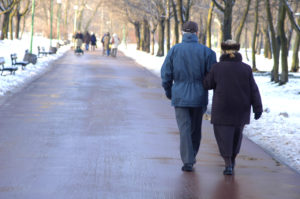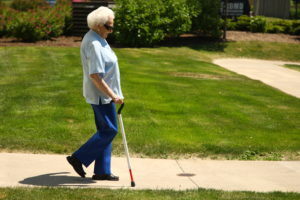Have You Had a Recent Fall?
Falling Can Be Serious. In older people, one out of five falls does cause a serious injury such as a broken bone or a head injury. Each year, 2.8 million older people go to the Emergency Room because of a fall. Over 800,000 people are hospitalized each year because of serious head injury or hip fracture.
Falls which cause head injuries can be serious, especially if the person is taking certain medicines like blood thinners. An older person who falls and hits their head should see the doctor right away to make sure there’s no brain injury.
Injuries due to falling can make it hard to get around and manage everyday activities. People who fall, even if there is no injury, become afraid of falling again. This fear may cause people to cut down on everyday activities, becoming weaker and increasing the chances of falling again.
Call AW Health Care for an assessment after a fall. We can alleviate your concerns and help you get back to regular activities. In MO (314) 726-5600; In IL (618) 344-8800
Take a Safety Assessment of Your Home
There are many simple and inexpensive ways to make a home safer and prevent falls. For professional assistance, consult an Occupational Therapist.
- Lighting: Increase lighting throughout the house, especially at the top and bottom of stairs. Make sure lighting is easily available if you get up at night.
- Stairs: Make sure there are two secure rails on all stairs.
- Bathrooms: Install grab-bars in the tub/shower and near the toilet. Consider using a shower chair and hand-held shower.
Stay Strong…Avoid Falls
Are you holding onto walls, furniture, or someone else when walking? Do you have difficulty arising from a chair? These are signs that it might be time to see a physical therapist. A trained physical therapist can help you improve balance, strength, and gait through exercise. A therapist may suggest a cane or walker—and provide guidance on how to use these aids. Follow their advice. Poorly-fit aids actually increase the risk of falling.
Have Your Eyes Checked
Being able to see well can help prevent falls. Have your eyes checked by an eye doctor at least once a year, and get your eyeglasses updated if needed.
Review your medicines with your doctor
Some medicines make you sleepy or dizzy and might add to your fall risk. Also, beware of non-prescription medications that contain sleep aids—including painkillers with “PM” in their names. These can lead to balance issues and dizziness. Talk with your doctor about these.








Comments are closed.